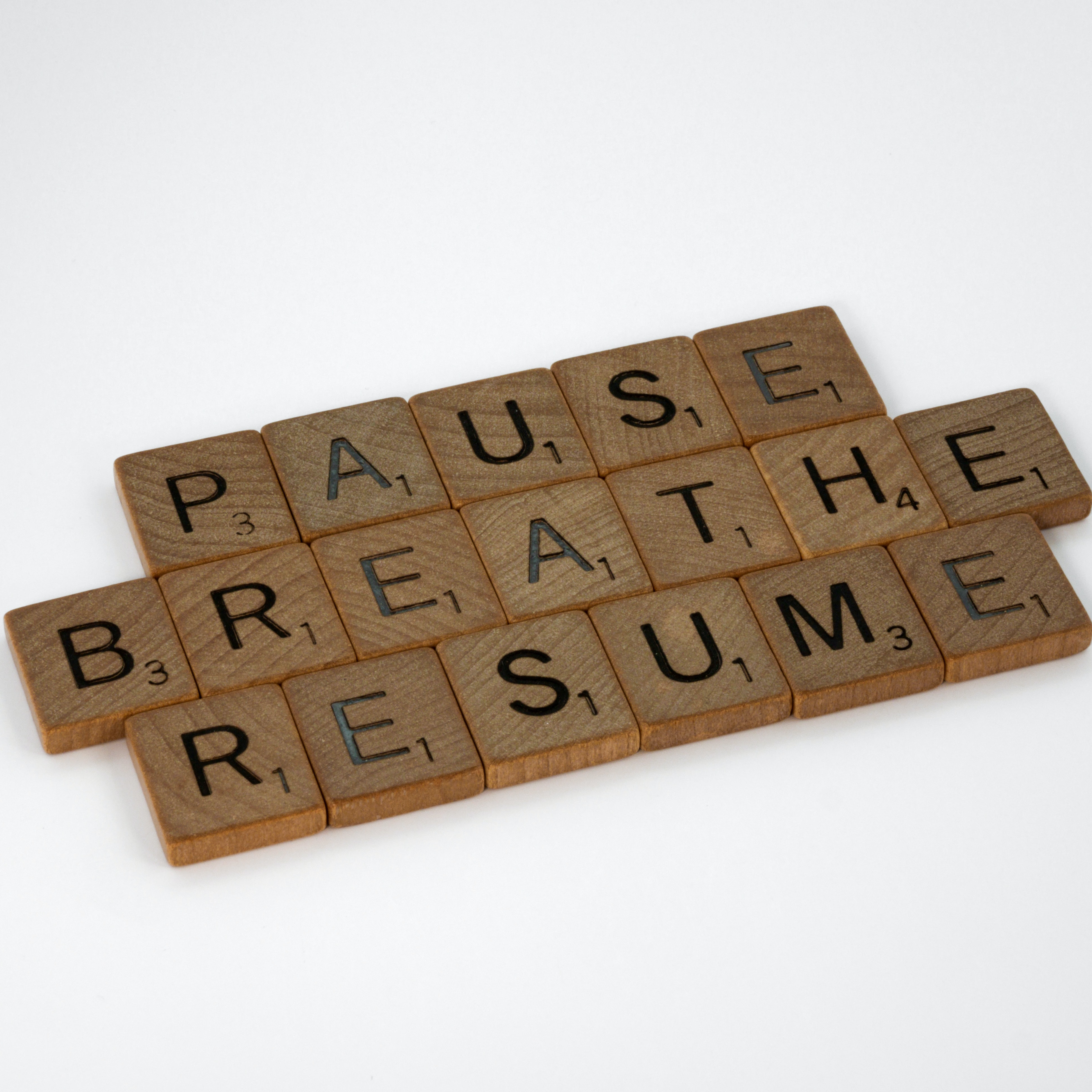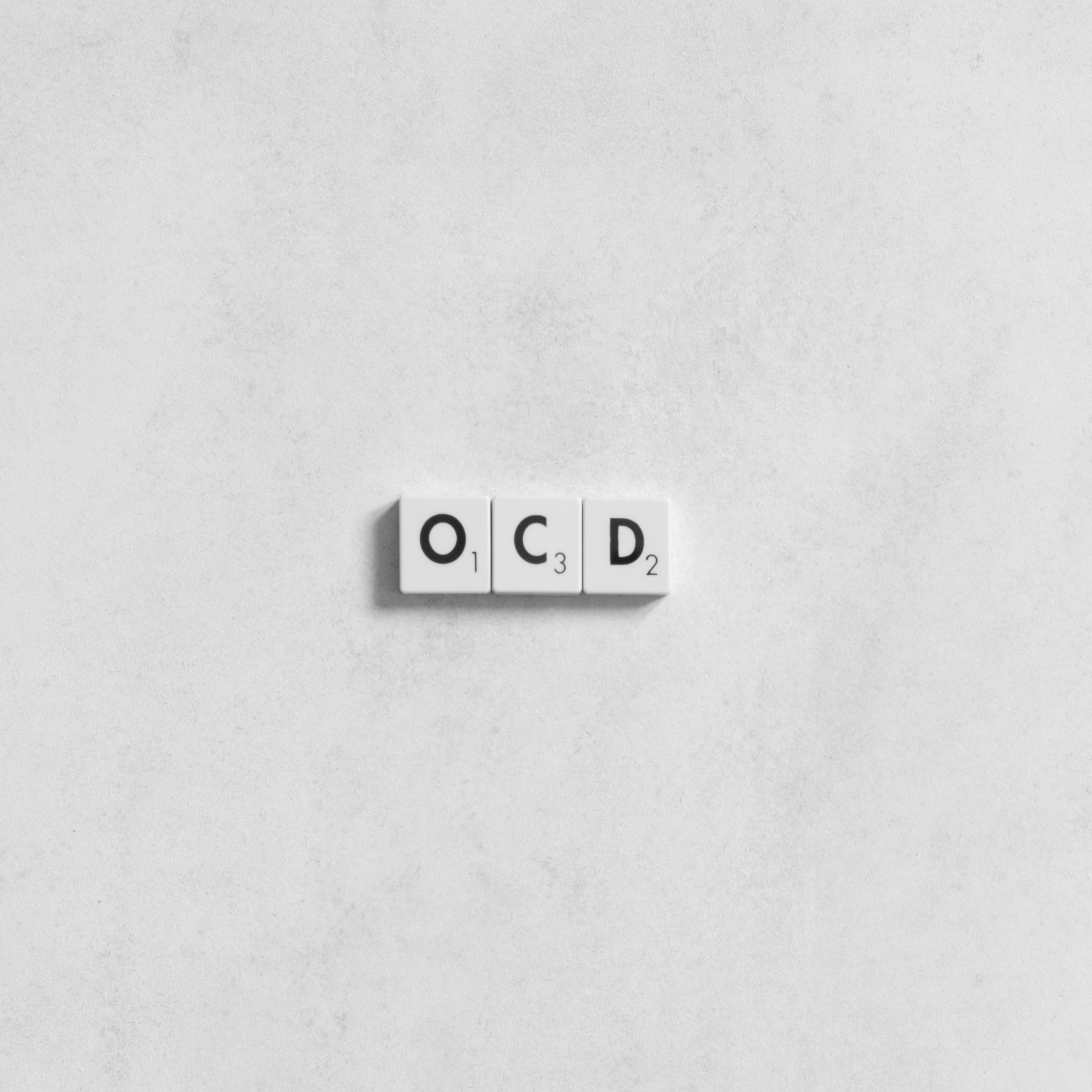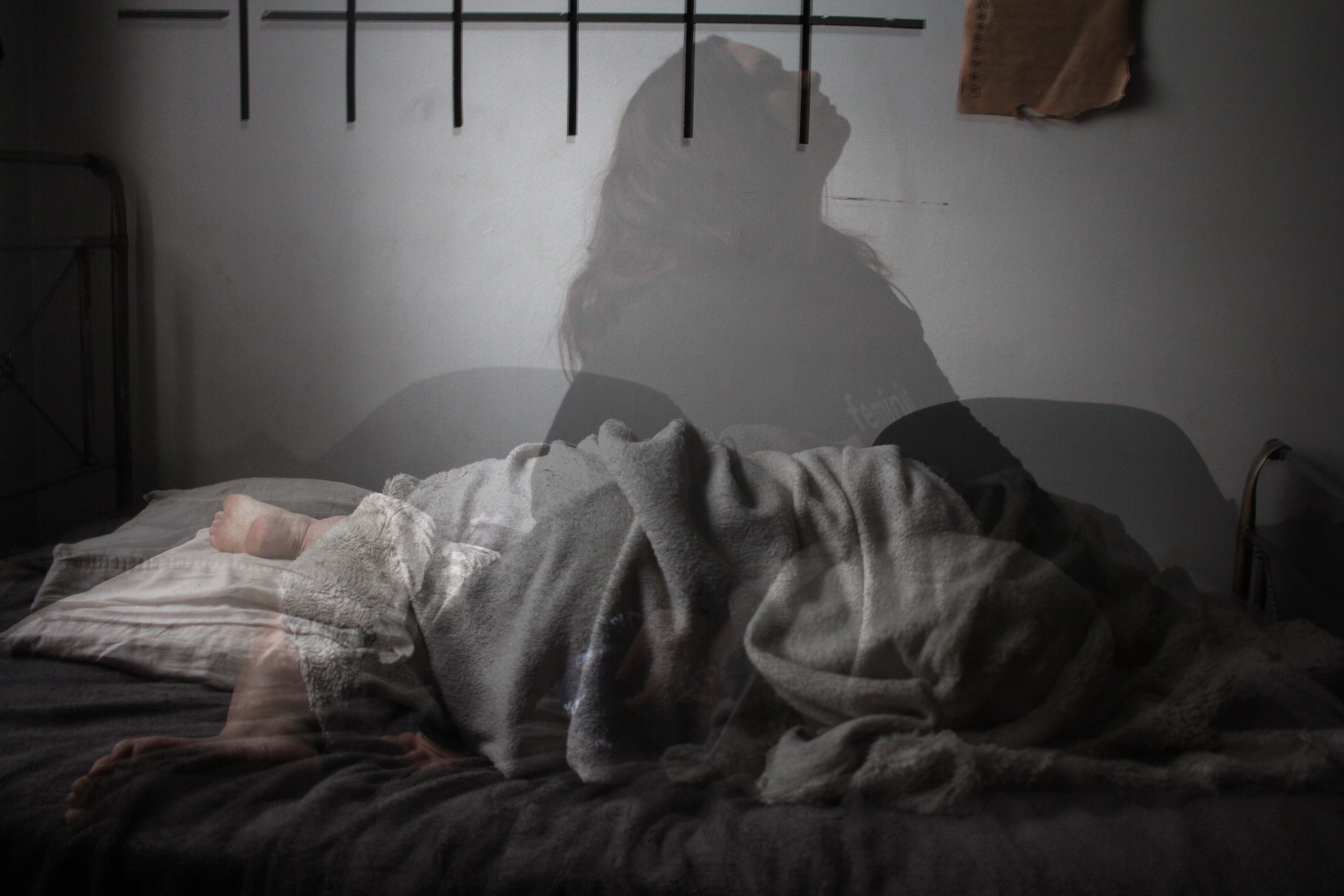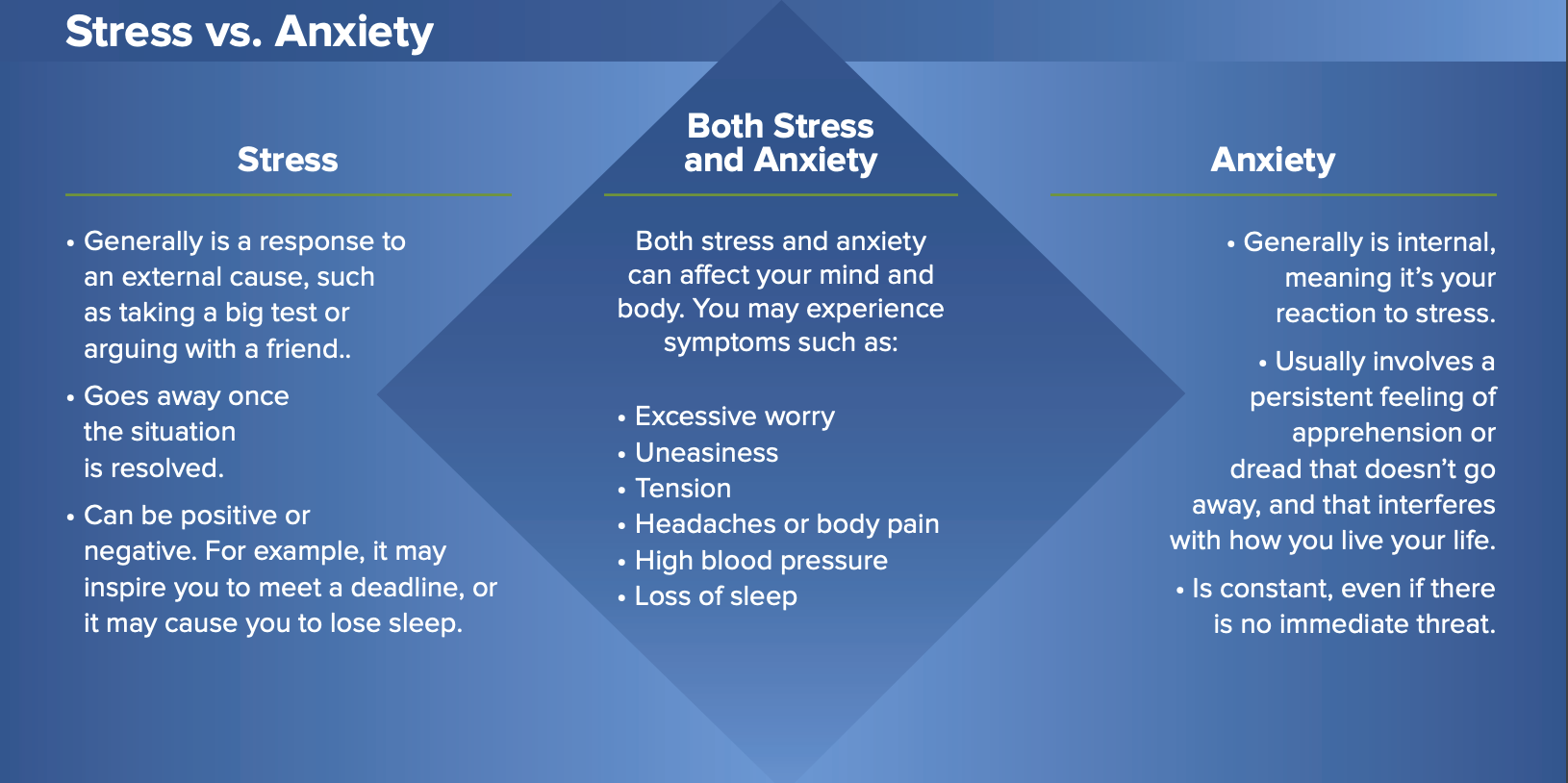According to the CDC, Mental illnesses are among the most common health conditions in the United States.
More than 50% will be diagnosed with a mental illness or disorder at some point in their lifetime.
1 in 5 Americans will experience a mental illness in a given year.
1 in 5 children, either currently or at some point during their life, have had a seriously debilitating mental illness.
1 in 25 Americans lives with a serious mental illness, such as schizophrenia, bipolar disorder, or major depression.








